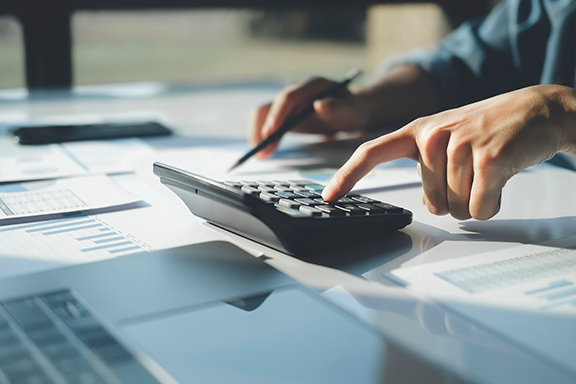By: Lei Anna Craig
Holding onto your money seems to be a challenging task, it’s something everyone wants to do, but very few are good at. Especially with warm weather approaching, there’s a lot of tempting events and activities that you would much rather spend your money on, but don’t worry we get it, and we are here to help with a helpful guide to budgeting.
Creating a budget is making yourself a financial plan that makes the most sense for your income and expenses. Or, if you’re making a budget that includes other people, their income and expenses as well. It is important that when creating a budget that the person creating is not trying to live outside of their means,
do not make unnecessary purchases that do not fit within the budget. The most important part about creating this financial plan is consistency — you
must remain focused!
Step 1: What Is your Income?
Before you make your budget, you need to find the number that you’re working with. Your Net Income — meaning the money in your paycheck after the taxes get taken out — is all that matters here. The next question is how many times do you get paid per month, is it weekly or bi-weekly? Once you figure these numbers out add them up and remember it for Step three! And if you have a partner in crime within this equation, don’t forget to add them in too!
Step 2: What are your Expenses?
What expenses must you pay every month? Think of your bills, car note, rent/mortgage, child and/or pet care if any, groceries, a small amount for recreational activities (you still deserve fun on a budget), gas etc. Add all those numbers up, and if you have a partner
in crime within this equation, don’t forget to add
them in too!
Step 3: Subtract!
Now that you have done all the addition, it’s time for the subtraction, we are going to take the number of the expenses out of the income. The number leftover is what you are left with for the month, and that is your budget for the month.
Now, this number may look small, and you may be thinking “How can this be my budget for the whole month?” but don’t fret. When seeing the small number, the automatic reaction would be to panic, but remember that we already took out all the big expenses out of your check. The number that we are left with is the “play money” essentially.
However, when encouraging financial wellness “play money” doesn’t mean money that you can recklessly spend on things that are not necessarily a need, or on an activity that just sounds fun in the moment. This money left should only be used on emergencies — since all your expenses were already accounted for in Step two, right? — or put into a savings account for future purposes.
Although it is great to treat yourself, it is important that you find a healthy balance, and only spend money on big events when you can afford it and won’t regret
it later.

